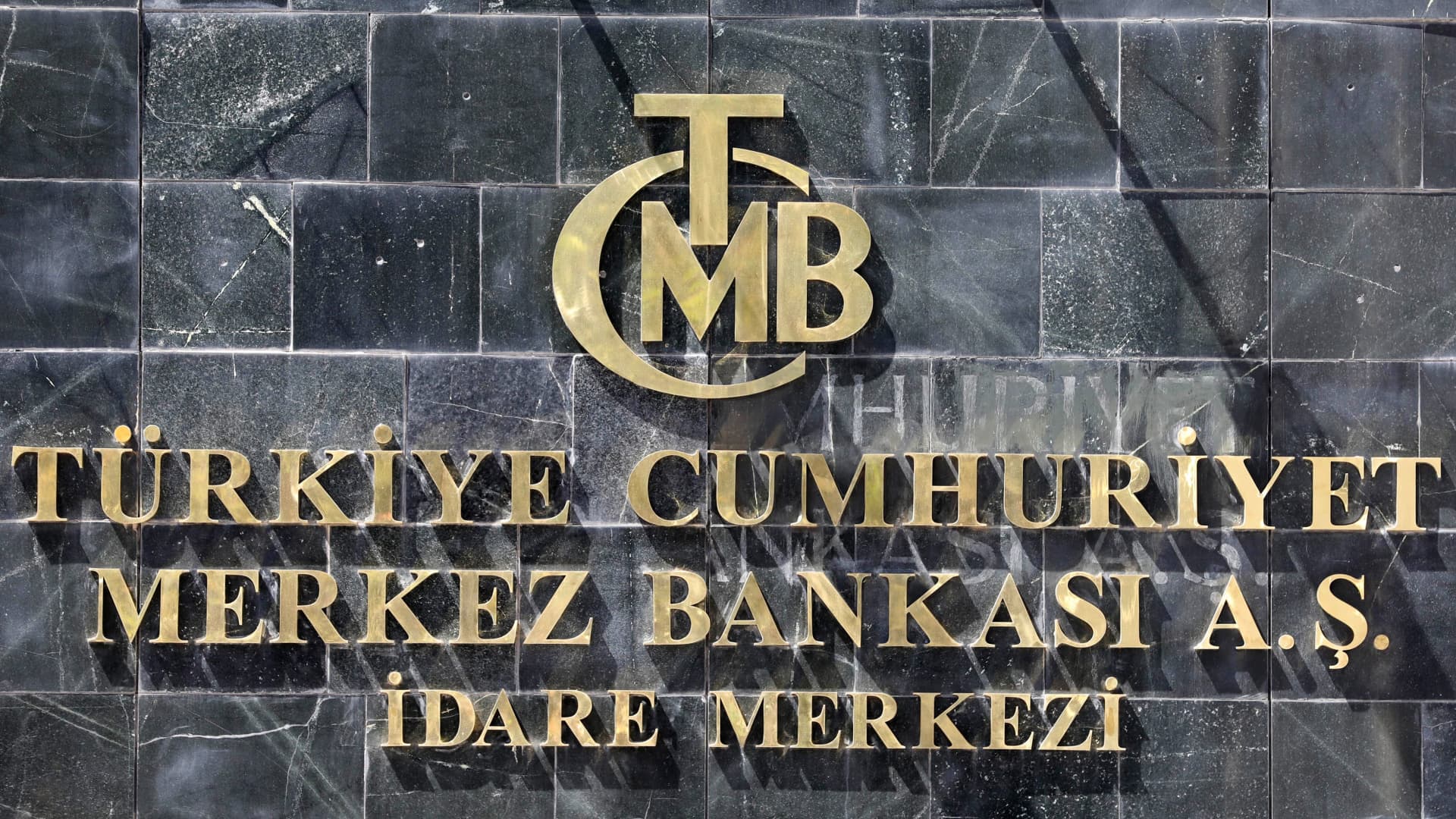Turkey’s central bank is opting for a different monetary tightening method as it grapples with climbing inflation, after previously signaling that its rate-hiking cycle was over.
The institution sent a directive to lenders, effective Friday, instructing them to put parts of their required lira reserves into blocked accounts.
That’s pushed loan rates up higher and cut the sizes of some banks’ loan limits, with some lenders shrinking their commercial loan limits to 100,000 lira, or $3,100, Reuters reported Thursday.
“Some banks have stopped lending. Some banks even recall their already granted loans. This is going to cause further liquidity squeeze,” Arda Tunca, an Istanbul-based economist at PolitikYol, told CNBC.
“If a central bank is willing to reduce the rate of inflation, liquidity conditions should be squeezed for sure, but the methodology is of utmost importance,” he said. “If the methodology is wrong, market expectations can’t be managed.”
Indeed, Turkish bank stocks dipped after the news Thursday. Economic data platform Emerging Market Watch posted on X, describing the central bank as taking “another tightening step via reserve requirements.”
Analysts at London-based firm Capital Economics made similar observations.
“In the past month, new quantitative and credit tightening tools have been announced,” the firm wrote in a research note. “Last week the CBRT tightened restrictions on lira loan growth, a move that would likely have a similar impact to an interest rate hike.”
Meanwhile, Turkey in January recorded its first monthly drop in reserves since May 2023, according to balance of payments data released this week.
Turkish annual consumer price inflation soared to 67.07% in February. The strong figures have fueled concerns that Turkey’s central bank, which had indicated last month that its painful eight-month-long rate-hiking cycle was over, may have to return to tightening.
“Pressures on Turkish policymakers are building ahead of the local elections on 31st March as capital inflows have slowed and FX reserves are falling again,” Capital Economics wrote. “We doubt the central bank will hike interest rates next week, but we’re growing more convinced that at least one further hike will be delivered in Q2.”
— CNBC’s Dan Murphy contributed to this report.
